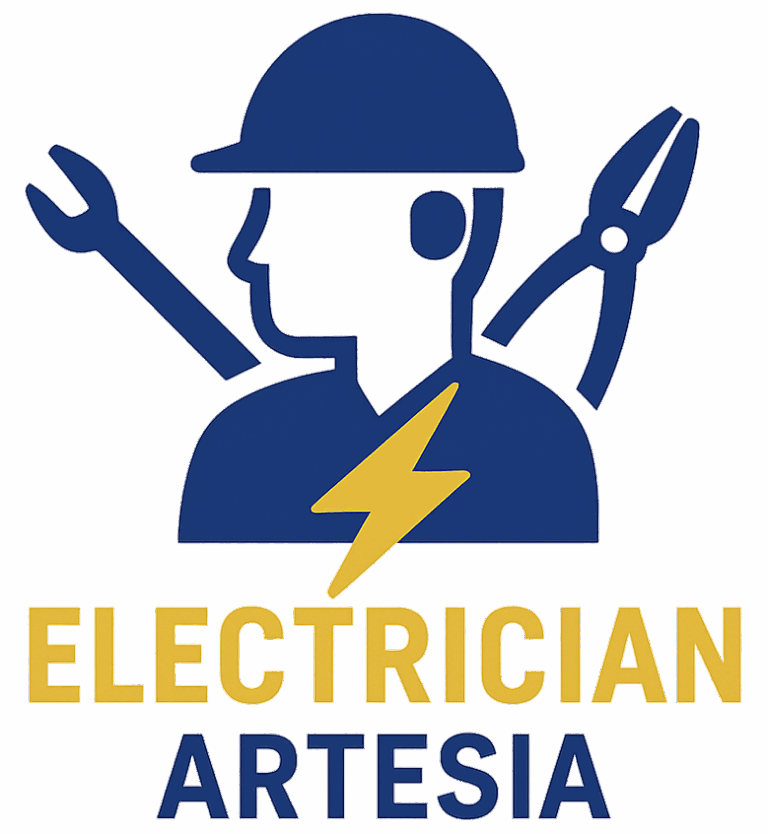Selecting the right electrician is crucial to ensuring long-term electrical safety, reliability, and performance. Whether you’re installing new lighting, upgrading your panel, or managing a complex commercial project, hiring a qualified professional guarantees that every task is done properly, safely, and up to code. With so many options available, understanding what separates a skilled electrician from the rest will help you save time, reduce risks, and protect your investment.
1. Verify Licensing and Certification
Before hiring, always confirm that your electrician is properly licensed and certified. A valid license is proof that they’ve completed the necessary training, passed official examinations, and meet both local and national safety standards. Don’t hesitate to ask for their license number and verify it with your local authority. For larger or more technical projects, consider hiring a master electrician with advanced training and proven expertise. Avoid unlicensed contractors entirely – their work can be unsafe, illegal, and could void your property insurance.
2. Check for Proper Insurance Coverage
Electrical work carries significant risks, so it’s essential to hire an electrician who has both general liability insurance and workers’ compensation coverage. Liability insurance protects your property if damages occur, while workers’ compensation ensures you’re not held financially responsible for any on-site injuries. Always ask for proof of insurance and confirm that the coverage is current. This simple precaution protects you and provides peace of mind throughout the project.
3. Choose Experience That Fits Your Project
Not every electrician specializes in the same kind of work. Residential electricians handle tasks like wiring homes, upgrading service panels, and installing lighting systems. Commercial electricians focus on high-capacity power systems, energy-efficient installations, and strict code compliance. Industrial electricians, on the other hand, manage heavy machinery, automation, and high-voltage systems. Select an electrician whose experience aligns directly with your specific project. Specialized expertise ensures accuracy, efficiency, and lasting quality.
4. Check Reviews and Ask for References
Reputation is often the best indicator of reliability. Look for reviews on reputable platforms and pay attention to consistent feedback about professionalism, timeliness, and quality of work. Reliable electricians take pride in their reputation and are happy to provide references from recent clients. Contacting a few previous customers gives you a clear sense of how the electrician manages communication, deadlines, and potential challenges.
5. Request Detailed Estimates and Compare Quotes
Once you’ve shortlisted potential electricians, request written estimates from at least two or three professionals. A reputable electrician will visit your property, assess your needs, and present a detailed quote outlining materials, labor, permits, and timelines. Avoid vague or verbal quotes – they can lead to hidden costs later. Be cautious of unusually low prices, as these often involve cheap materials or rushed workmanship. Instead, prioritize transparency, fairness, and clarity in pricing.
6. Confirm Permit Requirements and Code Compliance
Most electrical projects require permits and inspections to comply with safety codes. A qualified electrician understands these requirements and will handle all necessary paperwork for you. Avoid anyone who suggests bypassing permits to save time or money – this is a serious red flag. Unpermitted work can result in fines, failed inspections, and insurance complications. Code compliance is a hallmark of professionalism and guarantees your installation meets safety standards.
7. Assess Communication and Professionalism
Professionalism goes beyond skill – it’s reflected in how an electrician communicates and treats clients. Notice how they respond to your inquiries: Do they return calls promptly? Do they explain things clearly and respectfully? A reliable electrician will take time to understand your needs, provide informed advice, and keep you updated throughout the project. Clear communication helps prevent misunderstandings and ensures a smooth, stress-free experience.
8. Observe Safety Standards and Work Quality
Electrical work requires precision, discipline, and a strong commitment to safety. Ask your electrician about their safety protocols. Do they use personal protective equipment, follow lockout/tagout procedures, and maintain an organized workspace? Skilled professionals demonstrate pride in their work – you’ll see it in clean wiring, secure connections, and thorough testing. Poor workmanship can lead to long-term safety issues, so choose someone who prioritizes both safety and quality.
9. Review Warranties and Service Guarantees
A trustworthy electrician stands behind their work. Before signing any agreement, ask about warranties covering both materials and labor. Most reputable professionals provide at least a one-year workmanship warranty, while some offer longer guarantees for specific projects. Also, inquire about the brands and materials they use – established manufacturers provide better performance, safety, and durability. A solid warranty is your assurance of long-term reliability.
10. Trust Your Instincts and Stay Alert for Red Flags
Trust your gut when evaluating an electrician. If someone pressures you to make quick decisions, avoids documentation, or refuses to show credentials, consider that a warning sign. Reputable electricians are open, transparent, and confident in their qualifications. They’ll provide written contracts, detailed quotes, and proof of insurance without hesitation. If something feels off, don’t ignore it – it’s better to move on and find a professional who inspires confidence.
Why Choosing the Right Electrician Matters
A qualified electrician doesn’t just install wires – they protect your property, prevent hazards, and ensure your electrical systems operate safely and efficiently. Poorly executed electrical work can lead to short circuits, fire risks, and costly downtime. By choosing a licensed, insured, and experienced professional, you’re investing in long-term safety, energy efficiency, and reliability. From residential upgrades to complex commercial systems, expert craftsmanship provides lasting peace of mind.
Final Thoughts
Hiring an electrician isn’t just about getting the job done – it’s about finding a professional who values safety, integrity, and quality. Take your time to research, compare, and ask the right questions before making your decision. The best electricians welcome your inquiries, explain their process clearly, and stand by their work. When you choose the right expert, you’re not only ensuring a successful project but also protecting the comfort and security of your property for years to come.

